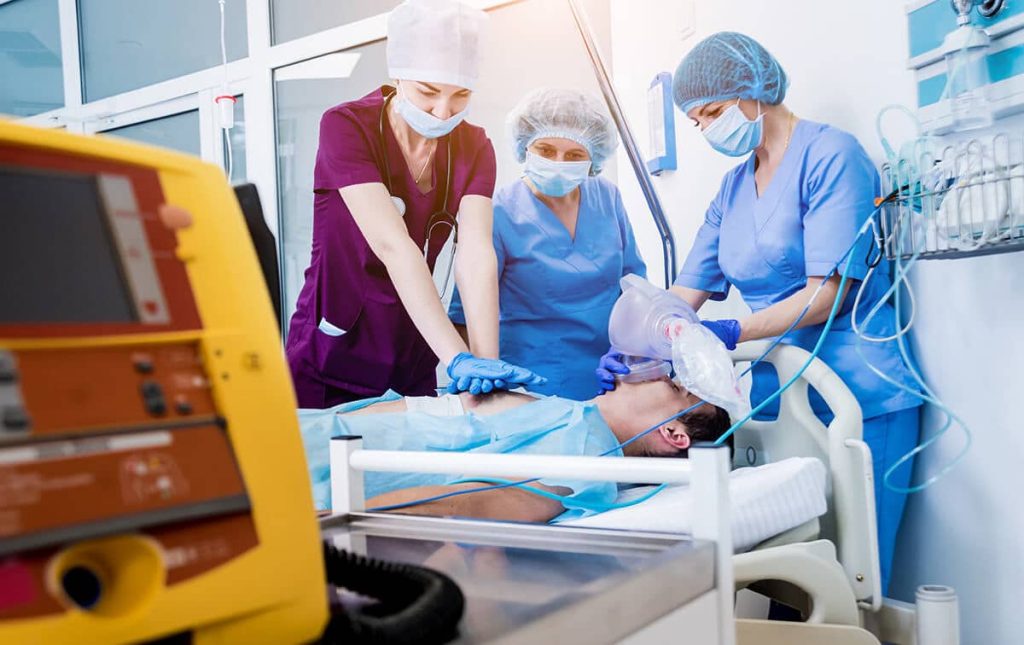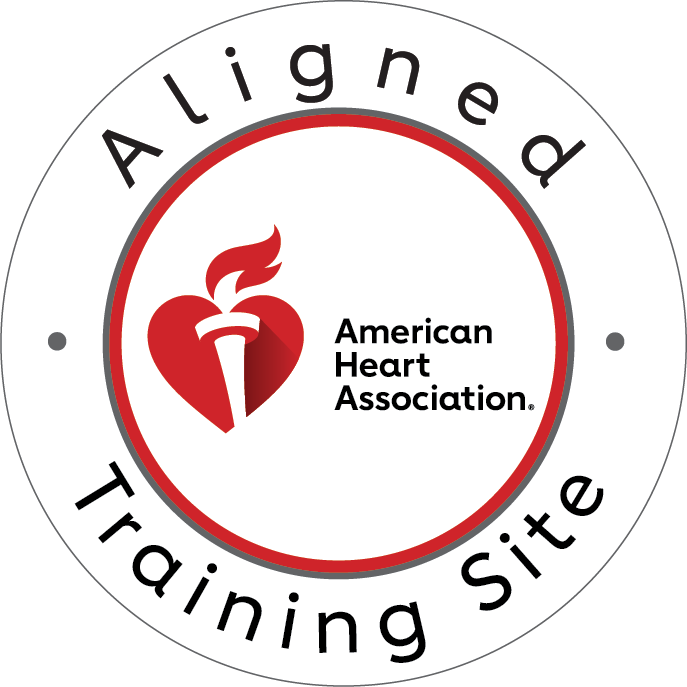Cardiac arrest is a life-threatening emergency that requires immediate and effective intervention. Advanced Cardiovascular Life Support (ACLS) and Pediatric Advanced Life Support (PALS) are critical protocols designed to improve survival outcomes in adults and children experiencing cardiac arrest. Understanding and following these protocols can mean the difference between life and death.
In this article, we will break down the essential steps in Cardiac Arrest Protocols: ACLS and PALS, their importance, and how obtaining certification can prepare you to respond effectively in emergencies.
Understanding Cardiac Arrest and Its Impact
What is Cardiac Arrest?
Cardiac arrest occurs when the heart suddenly stops beating, preventing oxygenated blood from reaching the brain and other vital organs. Unlike a heart attack, which is caused by a blockage in blood flow, cardiac arrest is an electrical malfunction of the heart.
Causes of Cardiac Arrest
Some of the common causes include:
- Arrhythmias – Irregular heart rhythms, such as ventricular fibrillation or pulseless ventricular tachycardia
- Heart attack – A severe heart attack can lead to cardiac arrest
- Respiratory failure – Common in pediatric patients
- Drowning, drug overdose, or trauma – External factors leading to sudden cardiac arrest
Why Immediate Response Matters
- Brain damage can begin within 4-6 minutes without oxygen.
- Without immediate intervention, survival rates drop by 10% per minute.
- ACLS and PALS protocols provide structured guidelines to maximize survival chances.
Cardiac Arrest: ACLS Protocols and Their Importance
What is ACLS?
Advanced Cardiovascular Life Support (ACLS) is an advanced set of life-saving procedures used to manage adult cardiac arrest and other cardiovascular emergencies. ACLS builds upon Basic Life Support (BLS) by incorporating advanced airway management, drug therapy, and electrocardiogram (ECG) interpretation.
ACLS Protocol for Cardiac Arrest
- Immediate Recognition and Activation of the Emergency Response System
- Check for responsiveness
- Call for help and activate the emergency response team
- Begin high-quality CPR immediately
- High-Quality CPR
- Chest compressions: At least 100-120 per minute, at a depth of 2 inches
- Rescue breaths: Maintain a ratio of 30:2 for single rescuers or 15:2 for two-rescuer CPR
- Minimize interruptions in compressions
- Defibrillation (When Indicated)
- Use an Automated External Defibrillator (AED) or manual defibrillator
- If ventricular fibrillation (VF) or pulseless ventricular tachycardia (VT) is present, deliver an immediate shock
- Resume CPR immediately after shock and follow ACLS algorithms
- Advanced Airway Management
- Endotracheal intubation or a supraglottic airway device may be used
- Capnography is used to monitor effective ventilation
- Medication Administration (As Per ACLS Guidelines)
- Epinephrine: Administer 1 mg every 3-5 minutes
- Amiodarone or Lidocaine: Considered for shock-refractory ventricular arrhythmias
- Reversible Causes (H’s and T’s): Identify and treat underlying causes
- Post-Cardiac Arrest Care
- Optimize oxygenation and ventilation
- Maintain targeted temperature management
- Monitor for neurological recovery
Cardiac Arrest: PALS Protocols for Pediatric Emergencies
What is PALS?
Pediatric Advanced Life Support (PALS) is a specialized training designed for healthcare providers to manage critically ill infants and children. Unlike adults, children often experience respiratory failure before cardiac arrest, making early intervention crucial.
PALS Protocol for Cardiac Arrest in Children
- Recognition of Pediatric Cardiac Arrest
- Check for unresponsiveness
- Assess pulse (brachial for infants, carotid for older children)
- If no pulse, begin CPR immediately
- Effective High-Quality CPR
- Compression rate: 100-120 per minute
- Compression depth: At least 1.5 inches (infants) or 2 inches (children)
- Ventilation rate: One breath every 6 seconds with advanced airway
- Defibrillation
- Pediatric AED pads should be used if available
- Initial shock dose: 2 Joules/kg, increasing to 4 Joules/kg as needed
- PALS Medication Administration
- Epinephrine: 0.01 mg/kg every 3-5 minutes
- Amiodarone or Lidocaine: For persistent VF/pulseless VT
- Airway and Breathing Support
- Secure the airway using a bag-mask ventilation or advanced airway
- Continuous oxygen monitoring
- Identify and Treat Reversible Causes
- Hypoxia, Hypovolemia, Hypothermia, Hyperkalemia, Hypoglycemia
- Toxins, Tamponade, Tension Pneumothorax, Thrombosis
The Importance of ACLS and PALS Certification
Getting certified in ACLS and PALS ensures that healthcare providers and first responders have the necessary skills to manage cardiac arrest effectively. Certification courses include:
- Hands-on training with real-life scenarios
- Practice in rhythm recognition and defibrillation techniques
- Training in advanced airway management and medication administration
If you’re in Kansas City, you can obtain ACLS certification and PALS certification in Kansas City from CPR Kansas City, an American Heart Association training site offering stress-free, hands-on courses.
Who Needs ACLS and PALS Certification?
- Nurses, paramedics, and physicians
- Emergency responders and ICU staff
- Pediatricians and pediatric nurses
- Anesthesiologists and respiratory therapists
Get ACLS and PALS Certification in Kansas City Today!
If you’re looking to get certified in PALS or ACLS in Kansas City, CPR Kansas City provides the best CPR training in Kansas City with expert instructors and hands-on practice.
✔ Stress-Free, Hands-On Learning
✔ Same-Day Certification Cards
✔ American Heart Association Approved
Sign up today for your ACLS certification or PALS certification with CPR Kansas City!
Visit our website or call us now to enroll in a life-saving course!
By obtaining ACLS and PALS certification, you can be prepared to respond to life-threatening emergencies with confidence and skill. Every second counts in cardiac arrest—be ready to make a difference!





